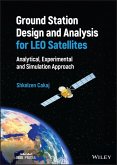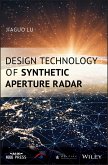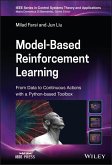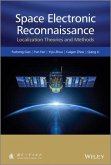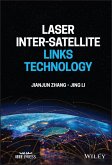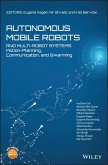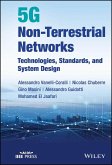Tutorial for analytical and scientific approaches related to LEO satellites ground station performance, including math, experiments, and simulations. Ground Station Design and Analysis for LEO satellites provides complete instructions and steps for ground station performance evaluation, including stations dedicated for scientific or communication purposes, and offers the reader an enhanced learning experience by proposing 40 ideas related to ground station performance assessment. Each idea goes over the math analysis, experiment or simulation, the methodology applied, the results, and a conclusion. This approach provides the reader with the opportunity to compare theoretical results with on-site results, guiding the reader towards intelligent and practical performance evaluation and enhancement. The text also considers the future emerging developments of LEO satellites and their challenges and applications, including multimedia and other scientific applications. Stemming from the highly qualified author's research work of roughly 20 years, Ground Station Design and Analysis for LEO Satellites includes information on: * Interference aspects, covering intermodulation interference modeling for LEO satellite ground stations and downlink adjacent interference for LEO search and rescue satellites * Sun synchronization, covering nodal regression and Sun synchronization of low Earth orbits through inclination angle. * Horizon plane and communication duration, covering communications duration with LEO satellites under ideal, practical and designed horizon plane for LEO satellite ground stations * Figure of merit and system noise temperature, covering composite and antenna noise temperature, Sun noise experiment and desensibilization measurements at LEO satellite ground stations Ground Station Design and Analysis for LEO Satellites is an innovative and advanced tutorial-based resource that will appeal to satellite engineers (operators/vendors) working on the operation, maintenance, and performance evaluation of ground stations, as well as postgraduate students/early-stage researchers wishing to obtain knowledge on this state-of-the-art technology.
Dieser Download kann aus rechtlichen Gründen nur mit Rechnungsadresse in A, B, BG, CY, CZ, D, DK, EW, E, FIN, F, GR, HR, H, IRL, I, LT, L, LR, M, NL, PL, P, R, S, SLO, SK ausgeliefert werden.



